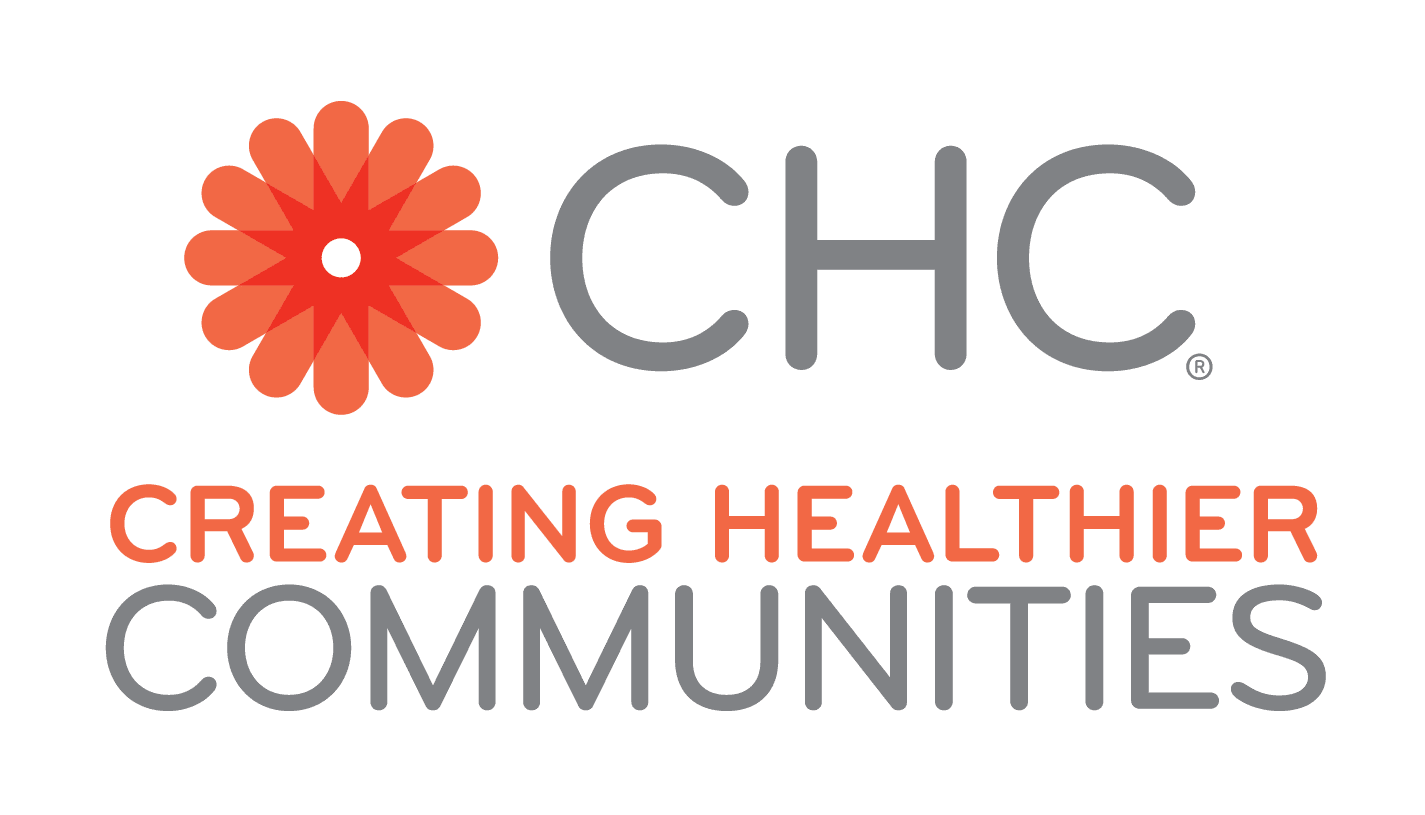7 Important Networking Tips
Thank you to our Corporate Leadership Council speakers Michael Bzdak at Johnson & Johnson, Jarian Kerekes at Equitable Foundation, Luis Maes at the MLB Kansas City Royals, Windy Pham at Macy’s and Niki Zoli at Lidl U.S for helping advance the sector and sharing their insights on the “How to get a job in social impact” webinar. Addressing barriers—such as access to a good job—is part of CHC’s core work to ensure opportunity for every person in every community to live their healthiest life.
Watch the April 23, 2024 event recording for tips on how to find coveted social impact jobs, skills needed, how to break through if you don’t have a social impact background, interview tips, bouncing back after layoffs and more.
Networking tips:
Building connections in the social impact space requires a strategic approach to foster meaningful relationships. Here are some tips to help you effectively network and collaborate with like-minded individuals and organizations.
- Attend social impact events. Realized Worth maintains a good list, updated annually.
- Consider joining a nonprofit board.
- Ask your coworkers to introduce you. If you work in government relations and policy, build relationships with your CSR or community affairs teams for learning and networking.
- If you work at a nonprofit, leverage your existing corporate partners and foundation contacts to open doors, seek advice, collaborate, or prove yourself on a project. When opportunities open at their organizations, apply, and ask your contacts to support you.
- Use LinkedIn to see who you know at companies where you’re applying to get a personal referral which makes you stand out. It’s best not to ask strangers to refer you so start with those you know.
- Remember, the social impact field offers many different roles and types of organizations. You could work for a company or foundation in a variety of fields (social impact, community or corporate affairs, CSR, citizenship, ESG, HR and employee engagement, DEI, circularity, sustainability, and more). Or you can work in the social impact space through a nonprofit, b-corp, purpose-driven company, or by working for a vendor, agency or platform that provides giving, volunteering, employee engagement or other services. If work-life balance is important to you, not every social impact role may fit. Some require long hours on a small team—or extensive, even global, travel. You may find more work-life balance and flexibility at a nonprofit or company that allows remote work, flexible hours, and minimal travel.
- If you’re just starting out, consider starting at a company or organization in a role most aligned to your experience or degree and then transition into social impact.







